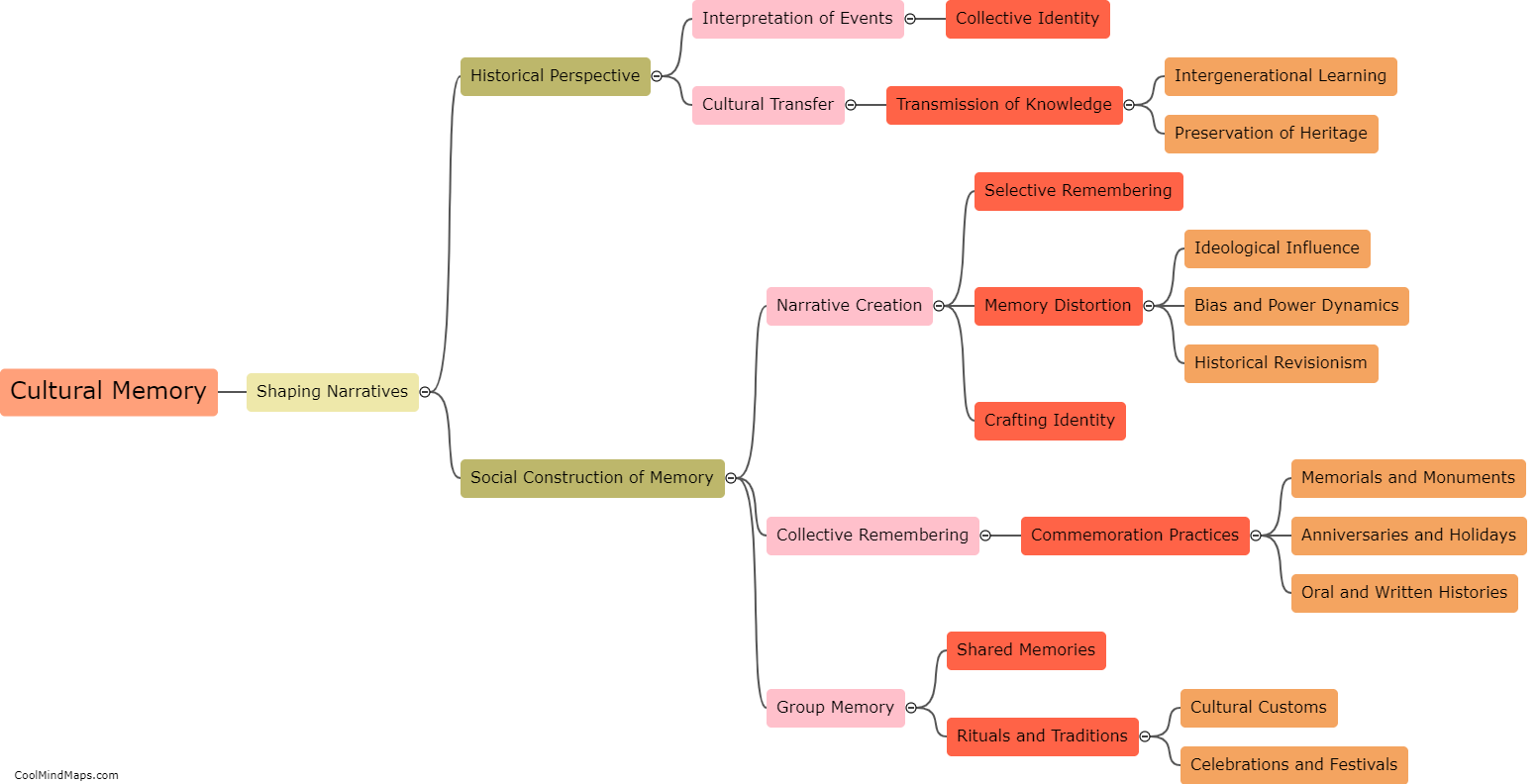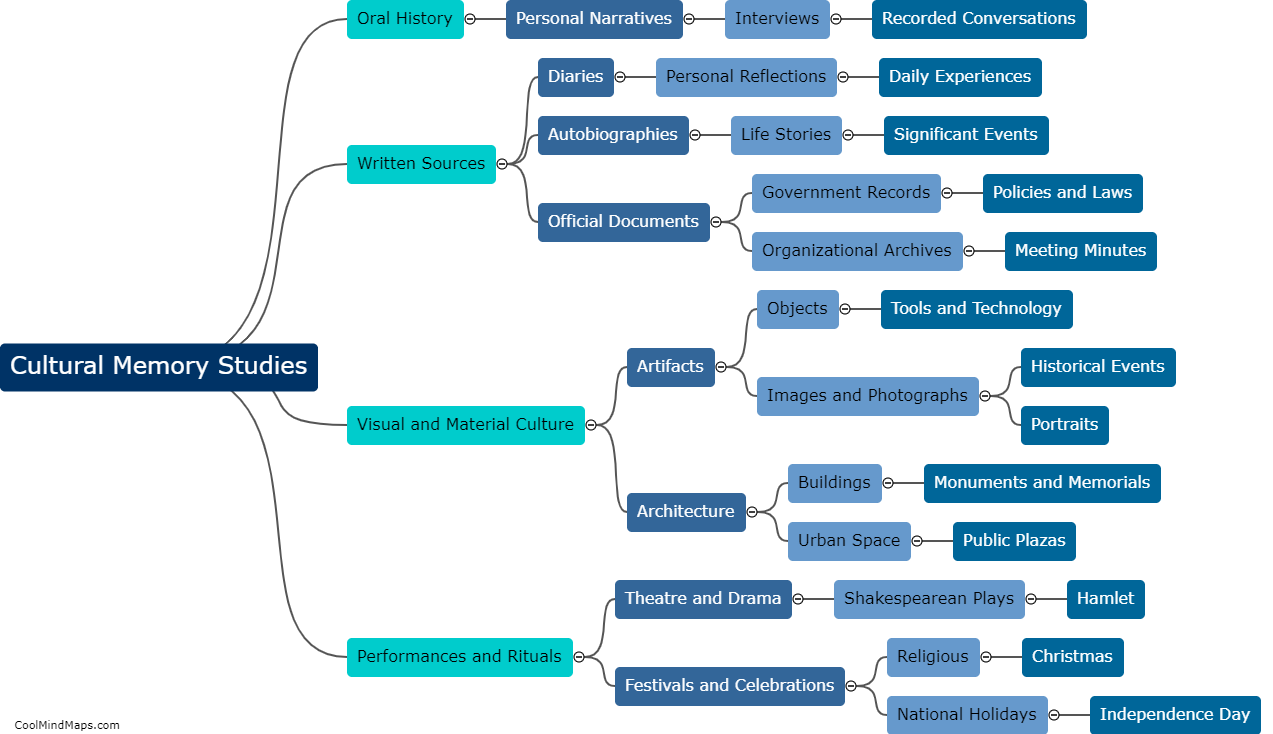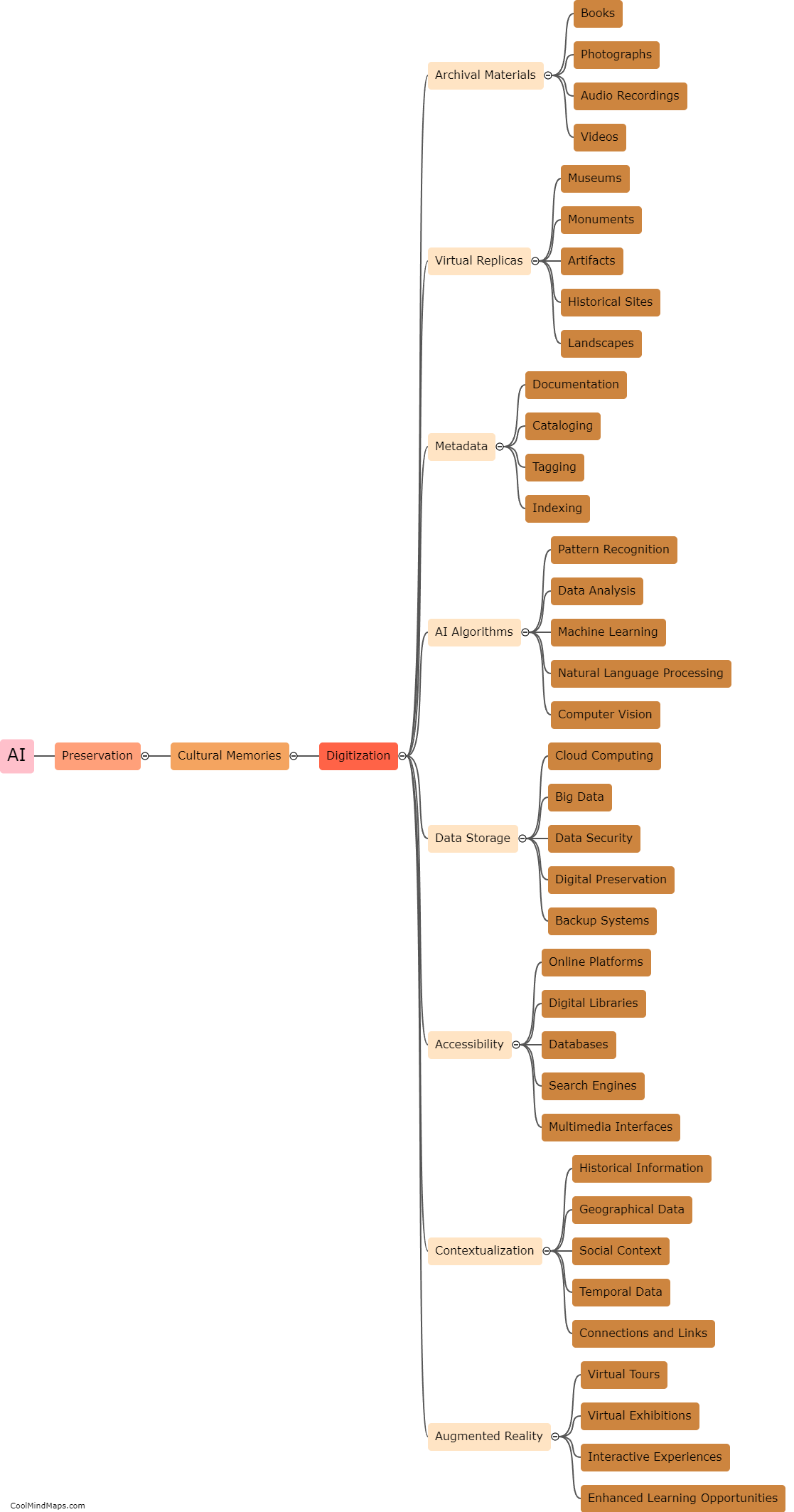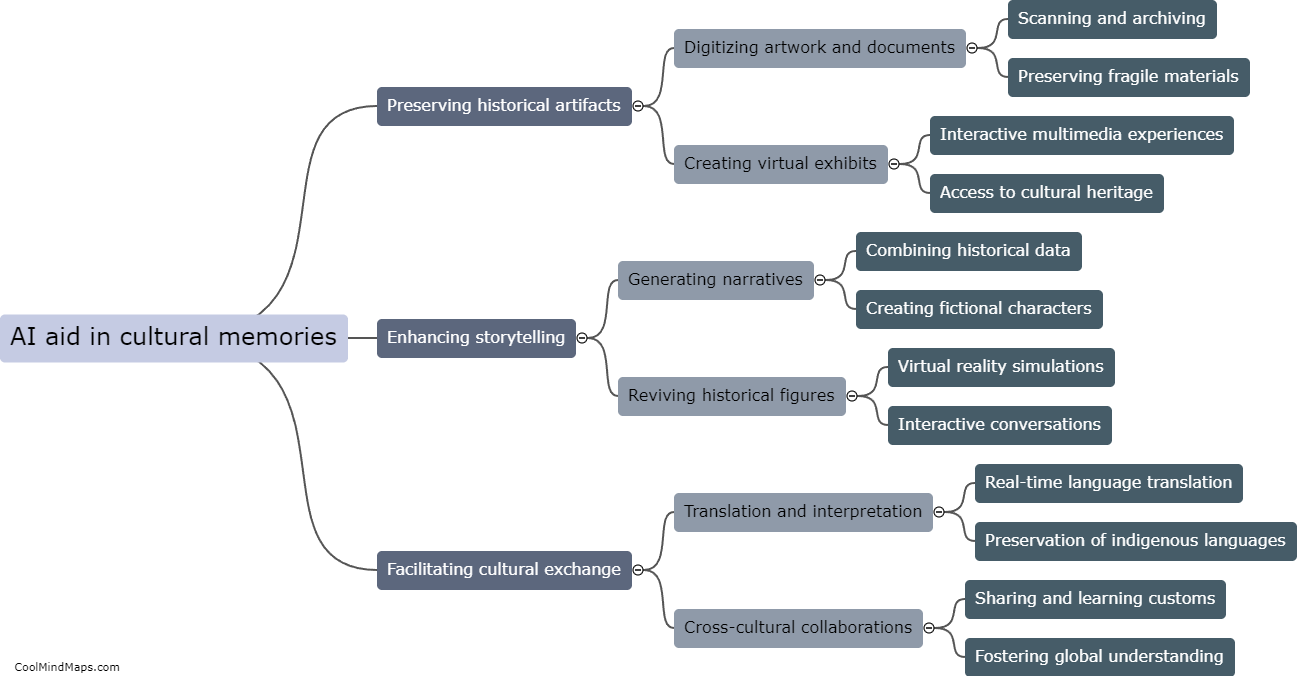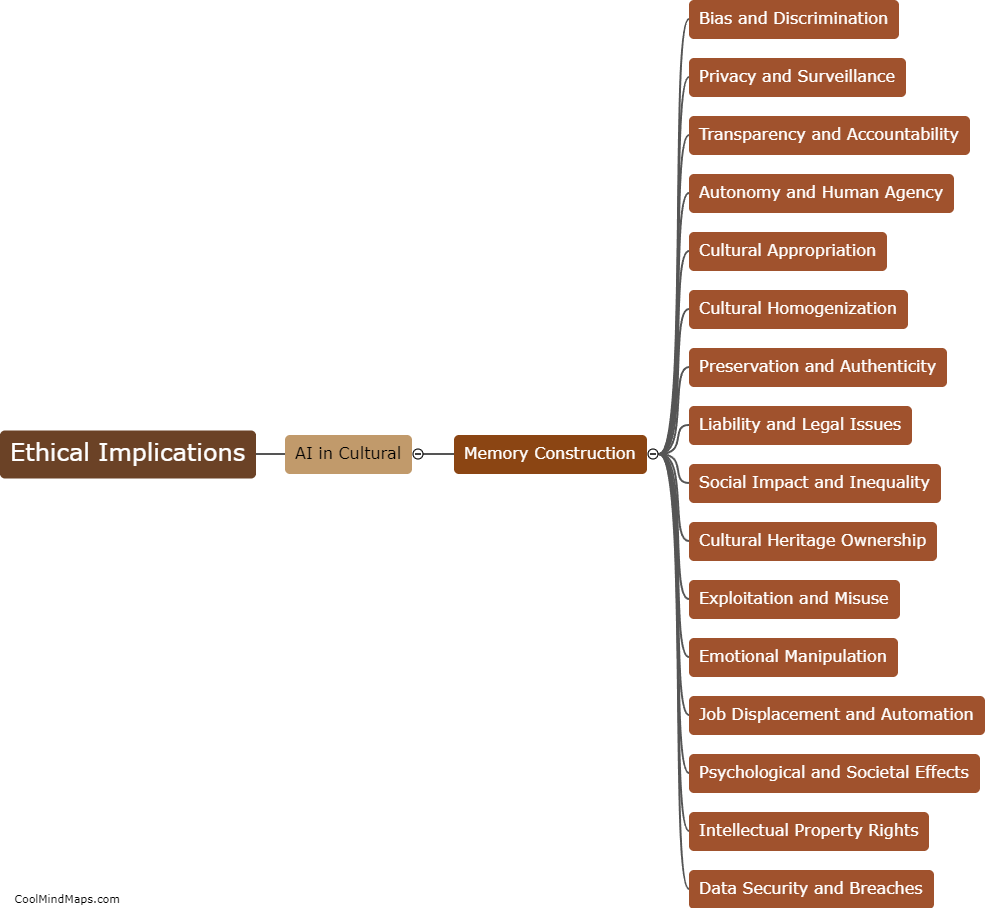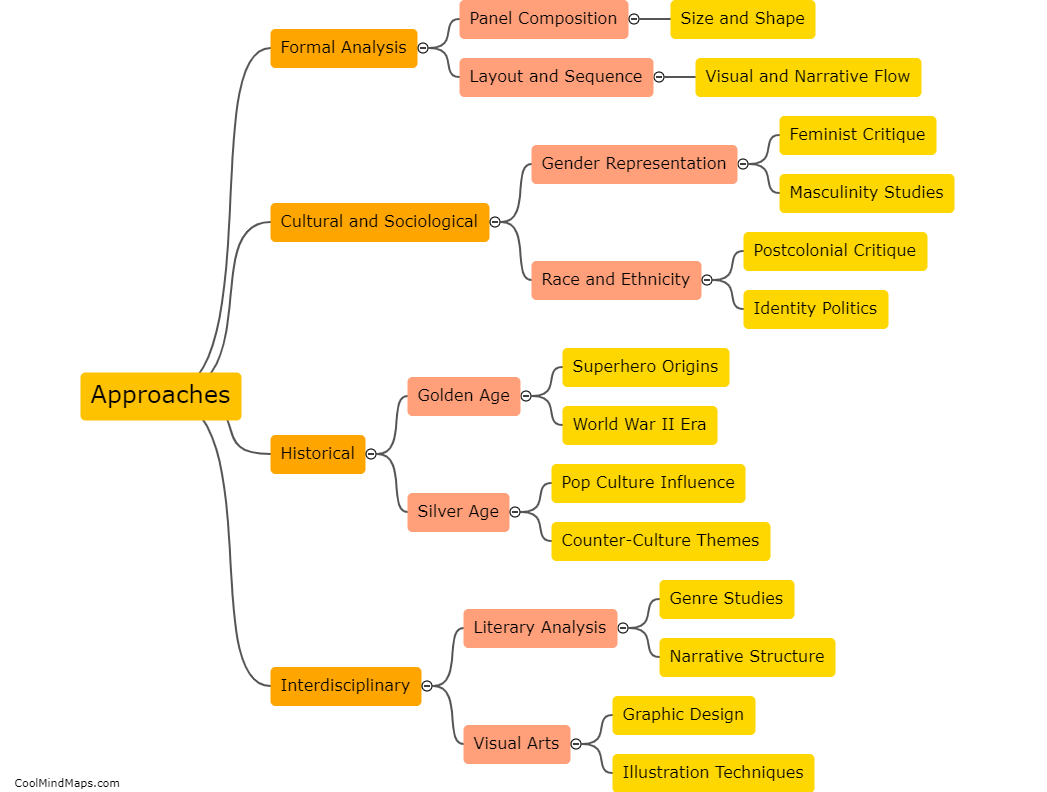What impact does AI have on the accessibility of cultural memories?
Artificial Intelligence (AI) technology has a profound impact on the accessibility of cultural memories. With its ability to process vast amounts of data and analyze patterns, AI enables the digitization and preservation of cultural artifacts such as historical documents, artwork, photographs, and even ancient artifacts. This digitization makes these memories more widely accessible by breaking down barriers of geography and time. AI algorithms can decipher ancient languages, restore damaged artworks, and provide virtual tours of historical sites, thereby expanding global access to cultural heritage. Furthermore, AI can enhance the accessibility of cultural memories for individuals with disabilities by providing assistive technologies, such as text-to-speech or image recognition, enabling them to engage and interact with cultural content in ways that were previously inaccessible. Overall, AI facilitates the democratization of cultural memories, fostering a greater understanding and appreciation of diverse heritage for future generations.

This mind map was published on 26 October 2023 and has been viewed 93 times.




